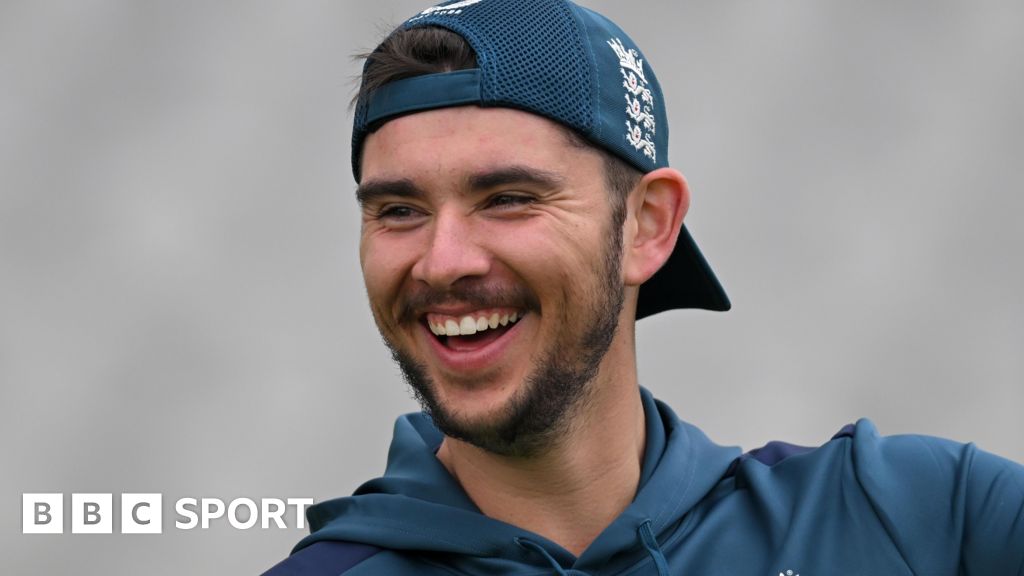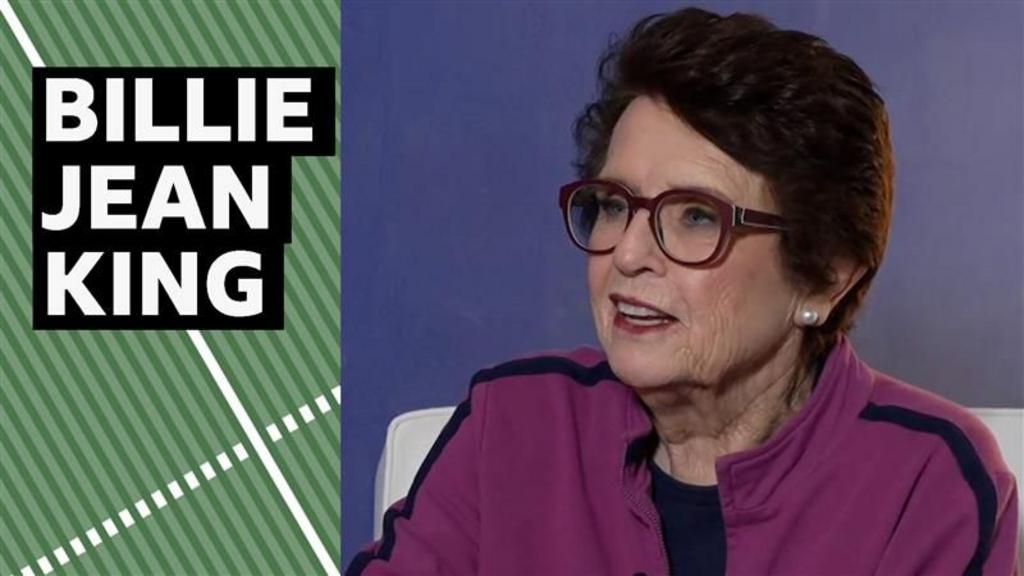ARTICLE AD BOX
 Image source, Getty Images
Image source, Getty Images
Holloway (right) holds the record for the most significant strikes landed in UFC history, with 3,378
UFC star Max Holloway has urged athletes to "take care of your brain" amid discussions about head injuries in American football.
Miami Dolphins quarterback Tua Tagovailoa last month suffered a third concussion inside two years, raising new questions about NFL head injury protocols.
Mixed martial arts fighter Holloway, 32, was asked about fellow Hawaiian Tagovailoa during a media conference before his featherweight title contest at the weekend.
He takes on champion Ilia Topuria at UFC 308 in Abu Dhabi on Saturday.
Tagovailoa is set to return to action on Sunday after clearing the NFL's concussion testing protocols, but many pundits and ex-players have called for him to retire to protect his long-term health.
"[Tagovailoa] is an animal, the dude is worth so much money, he's gotta know what he's doing. But the main thing I would say is take care of your brain," said Holloway.
"Learn about brain health. And do the right things. You only get one brain, guys, and once that starts deteriorating you can't grow it back."
Holloway, who withdrew three days before a fight against Brian Ortega in 2018 with concussion-like symptoms, has hinted at taking steps to preserve his health throughout his career, including limiting sparring before fights., external
Before his bout against Alexander Volkanovski in 2020 and Calvin Kattar in 2021, Holloway said he opted out of sparring completely due to difficulties with training during the Covid-19 pandemic, but also to protect his brain.
"People say to me 'look how many times you got hit' and whatever, but brother, I take brain health so seriously," said Holloway.
"People will never know. After my career maybe I'll talk about it and all the stuff we've been doing, but listen, take care of your brains, do your homework, get on it and be smart."
Image source, Getty Images
Image caption,Tua Tagovailoa leaves the field in Miami's game against the Buffalo Bills on September 12
Athletes across a wide variety of sports are more aware of the risks concussion poses than ever before.
Chronic traumatic encephalopathy (CTE) is a brain condition linked to repeated blows to the head and concussion. The condition, which gradually gets worse over time and leads to dementia, can only be diagnosed by a post-mortem examination.
Only 45 cases of CTE were confirmed worldwide in 2007, and now more than 10,000 people have taken part in studies.

 3 weeks ago
8
3 weeks ago
8








 English (US)
English (US)